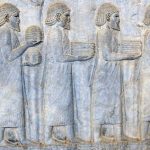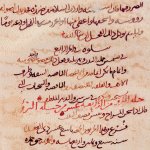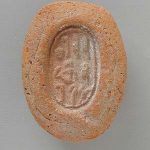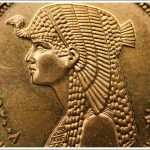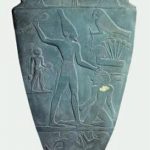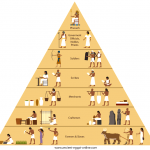Reputation in History
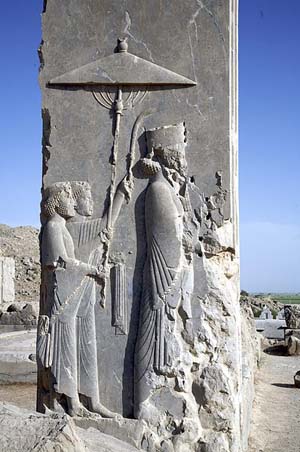 © Nick Taylor – Relief of Xerxes I
© Nick Taylor – Relief of Xerxes I
Modern and ancient scholars often portray Xerxes I as a tyrant. His rule over ancient Egypt was harsh, disregarding local customs and beliefs left and right. Xerxes decided not to follow the ideas set by his predecessors, the notion that ruling with a fair, light hand was the way to keep many nations under one’s rule at once. Given the lack of success, Xerxes went his own way, a way that many labeled as decidedly Persian.
Xerxes I’s bad reputation comes from the fact that many scholars who wrote about him were Greek. He invaded Greece and conquered a large part of the mainland. This made the Greek historians biased against Xerxes I and more likely to view his actions in a bad light. Some modern scholars are of the opinion that Xerxes I was no better or worse than other Persian emperors.
Reign of Xerxes I
Invasion of Greece
Xerxes I invaded Greece in 480 B.C. with a large army of infantry and a navy. He conquered the city-states in Northern and Central Greece because they were too small to stand against him. Athens and Sparta led the defense of Mainland Greece. Xerxes I won the Battle of Thermopylaeafter being held back by a small army led by Spartan soldiers and sacked Athens.
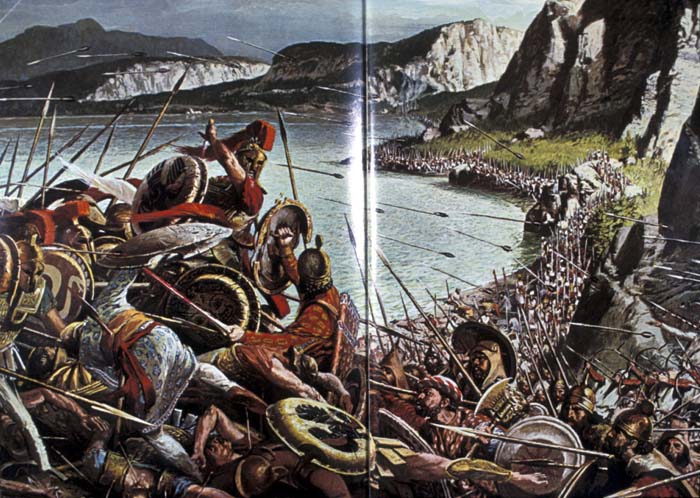
© Σταύρος – Depiction of the Battle of Thermopylae
Then, the Greek navy defeated the Persian navy, including 200 Egyptian Triremes (a warship with three banks of oars), at the Battle of Salamis. After the navy’s defeat, Xerxes I retreated from the Greek mainland, leaving part of his infantry behind. The Greeks defeated this army and beat the navy again near Ionia. After this, Xerxes I did not try to invade the Greek mainland again.
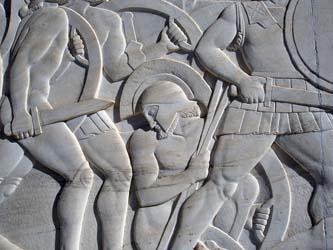
© Ava Babili – Relief at Thermopylae





